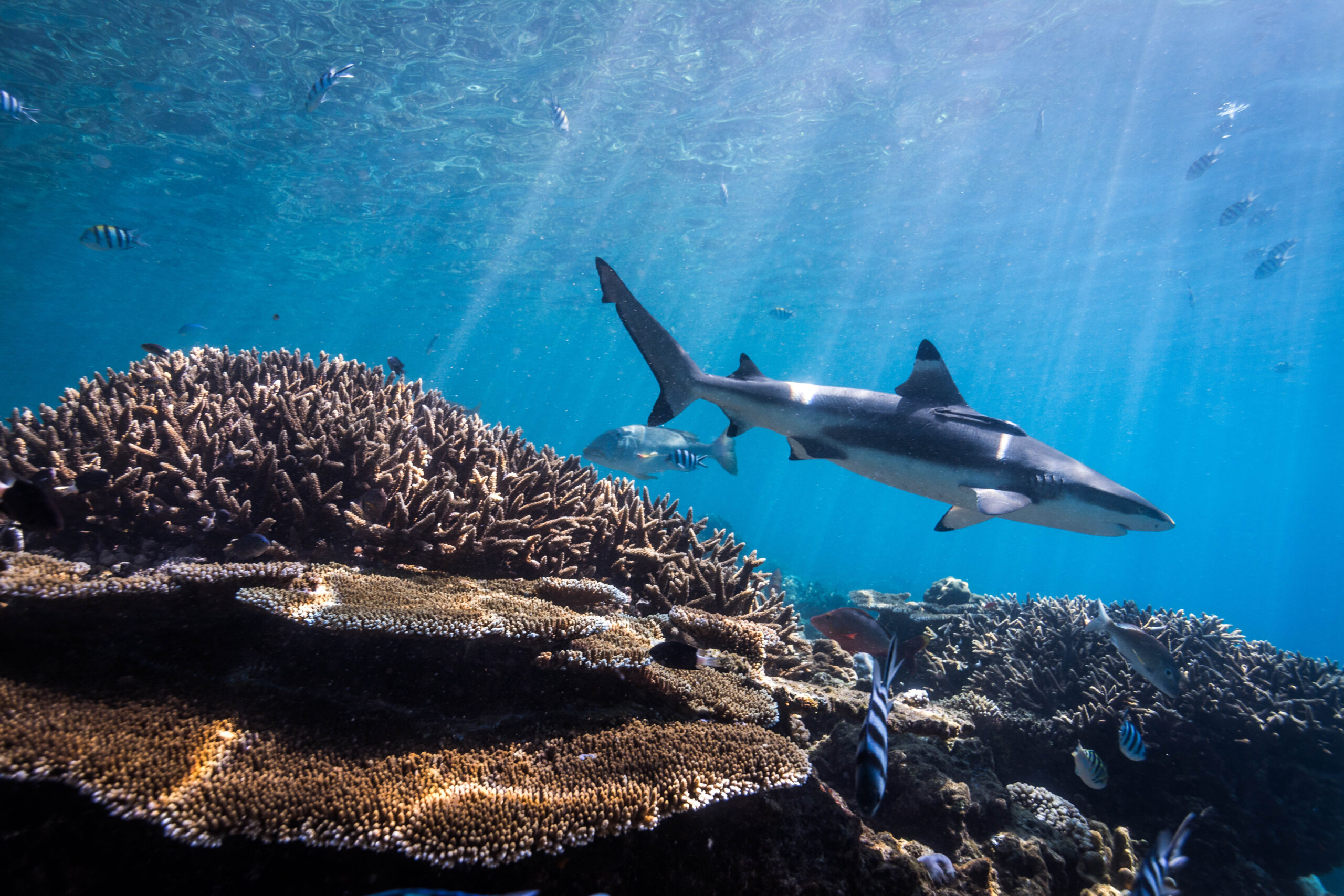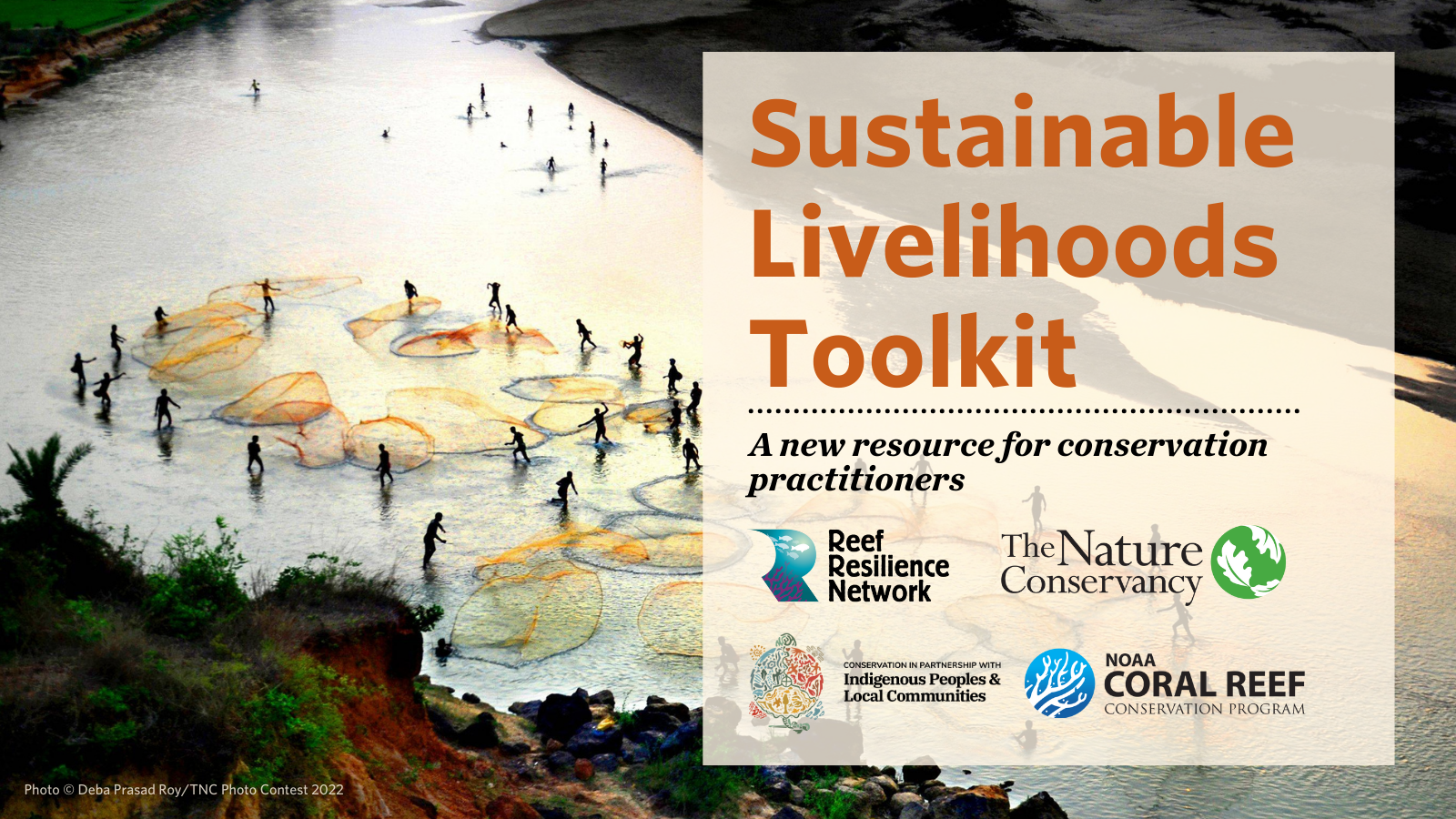A new paper highlights the critical role that Pacific Island women are playing in climate adaptation and provides guidance for governments, NGOs, and development agencies on how to incorporate the needs and perspectives of women in climate policies and projects. Based on qualitative data from Pacific women leaders in conservation, development, and climate adaptation policies, key priorities to support climate adaptation include: (1) increased recognition for the importance of traditional knowledge; (2) greater support for local women’s groups, including strategic planning and training to access climate finance mechanisms; and (3) climate policies that consider alternative metrics for women’s empowerment and inclusion, formalize women’s land rights, and provide land for climate refugees. The authors emphasize the need for research, programs, and policies that recognize the importance of traditional knowledge in climate adaptation strategies. Bringing women and vulnerable groups into climate adaptation decision-making is critical to support sustainable and resilient communities and to avoid exacerbating existing gender-inequalities.
Author: Mcleod, E., S. Arora-Jonsson, Y.J. Masuda, M. Bruton-Adams, C.O. Emaurois, B. Gorong, C.J. Hudlow, R. James, H. Kuhlken, B. Masike-Liri, E. Musrasrik-Carl, A. Otzelberger, K. Relang, B.M. Reyuw, B. Sigrah, C. Stinnett, J. Tellei, and L. Whitford
Year: 2018
View Abstract
Marine Policy 93: 10.1016/j.marpol.2018.03.011


